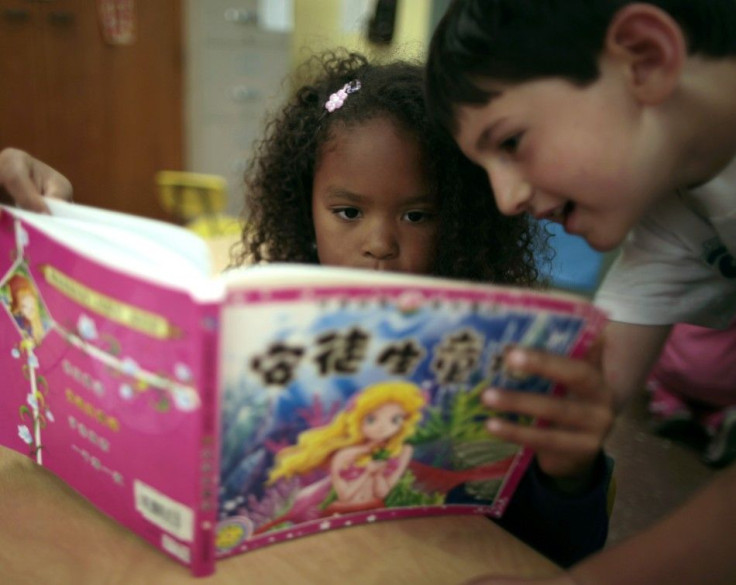Curiosity + Diligence as Good as Plain Intelligence, Researchers Say

Curiosity and diligence are as important as intelligence for a student's success, according to research released Wednesday.
A European trio analyzed 200 existing studies that included 50,000 students and found that curiosity influenced academic performance. Not only that, but throw in contientiousness, and average-intelligence students shone as brightly as those deemed intelligent.
Put together, conscientiousness and curiosity had as big an effect on performance as intelligence.
Curiosity is basically a hunger for exploration, said Sophie von Stumm, research fellow at the University of Edinburgh, U.K, lead author of the study that appeared in Perspectives in Psychological Science. If you're intellectually curious, you'll go home, you'll read the books. If you're perceptually curious, you might go traveling to foreign countries and try different foods. Both of these, she thought, could help you do better in school.
The new paper also included Benedikt Hell of the University of Applied Sciences Northwestern Switzerland and Tomas Chamorro-Premuzic of Goldsmiths University of London.
von Stumm, author of the forthcoming The Curious Revolution wasn't surprised that curiosity was so important. I'm a strong believer in the importance of a hungry mind for achievement, so I was just glad to finally have a good piece of evidence, she says. Teachers have a great opportunity to inspire curiosity in their students, to make them engaged and independent learners. That is very important.
© Copyright IBTimes 2025. All rights reserved.





















